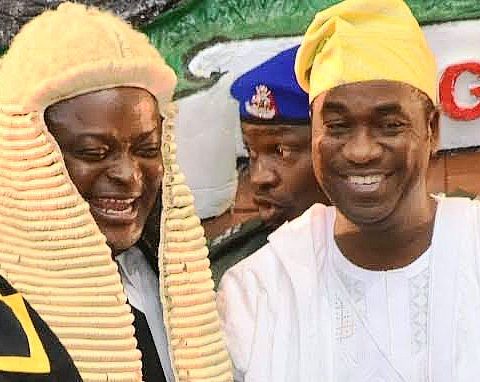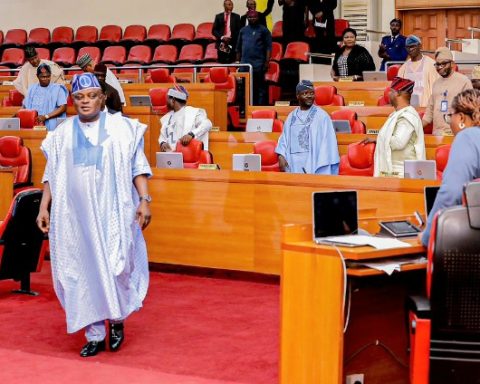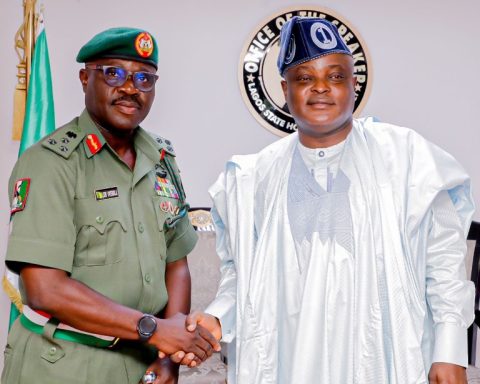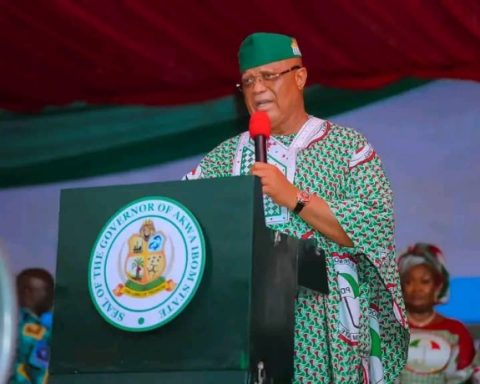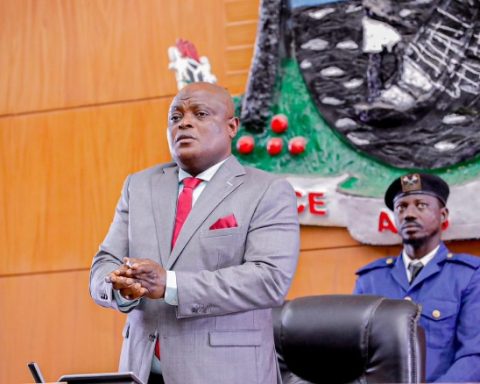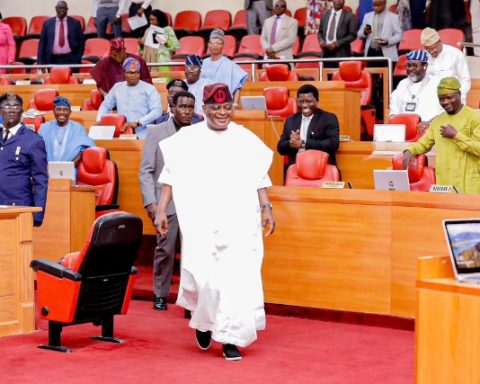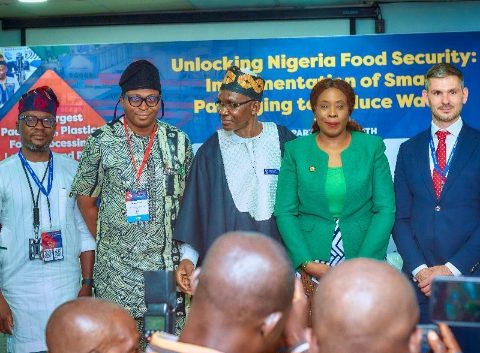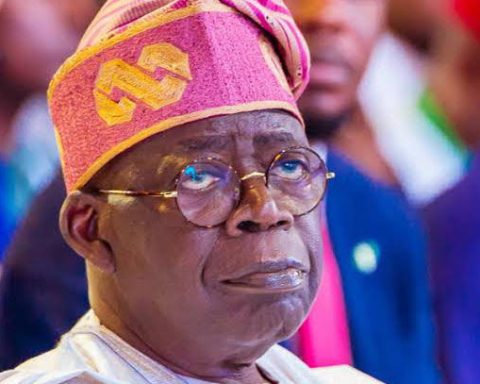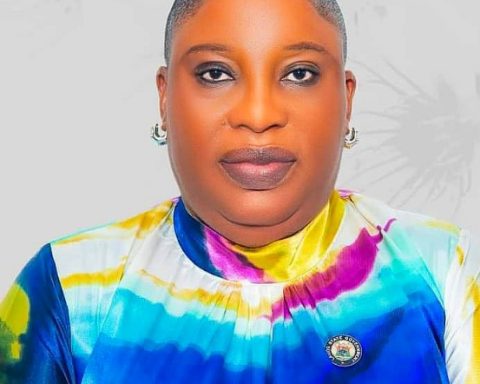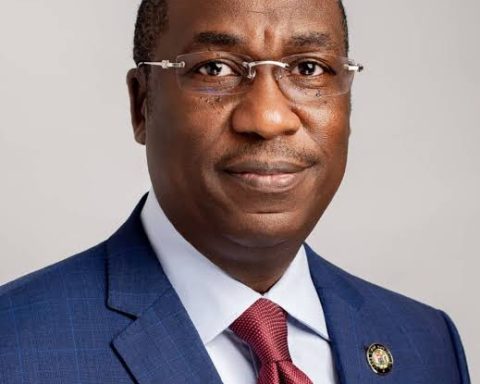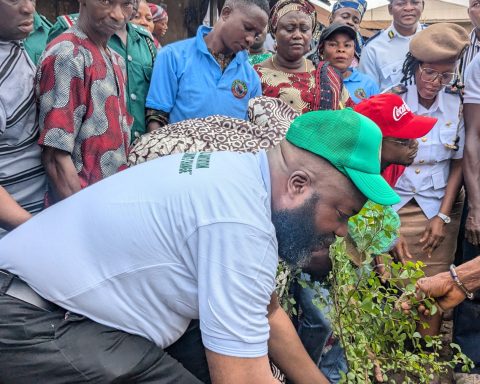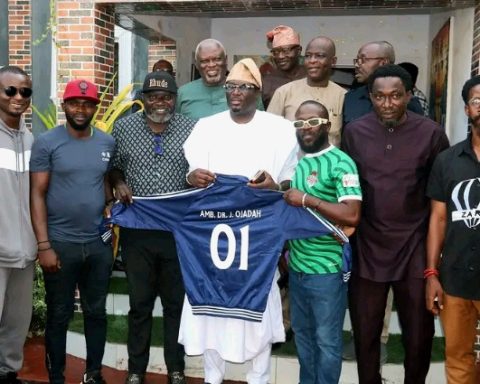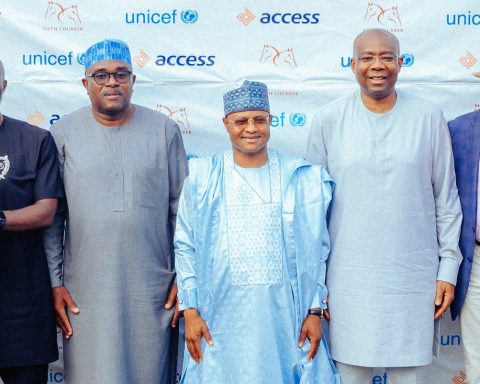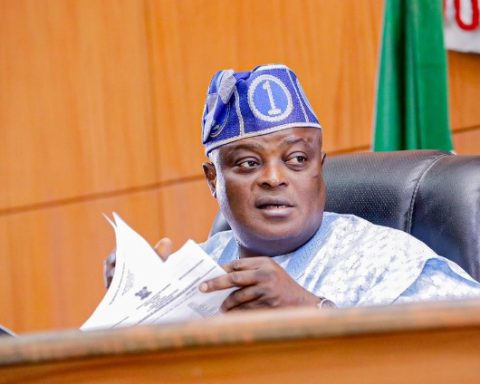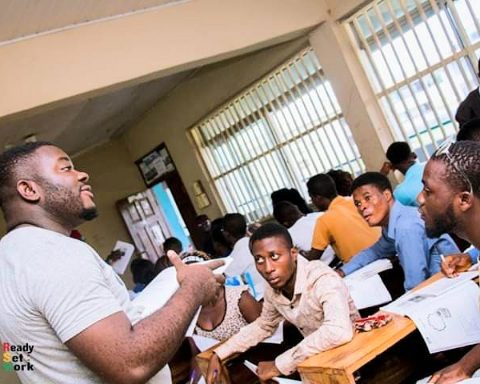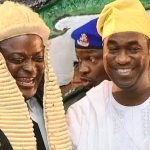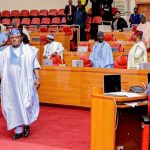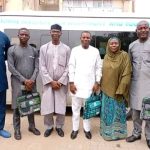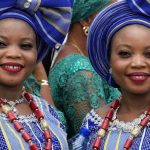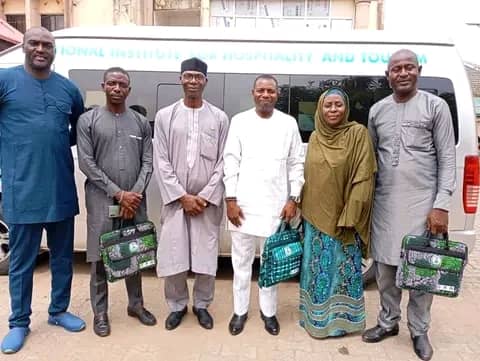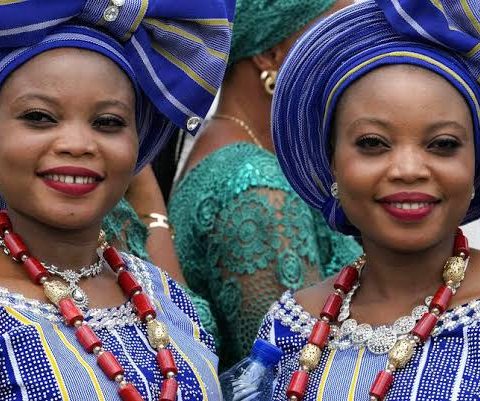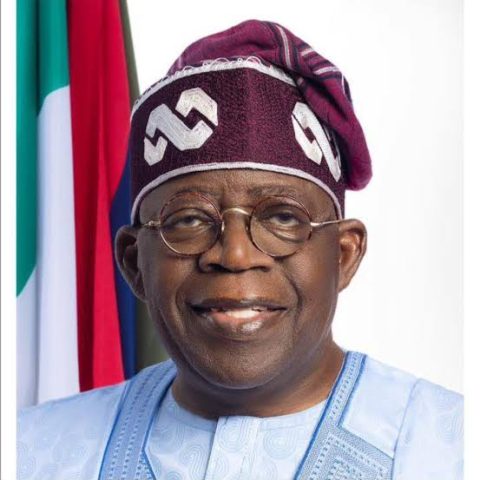
By Paul Ukpabio
The Director General National Council for Arts and Culture, Otunba Olusegun Runsewe has called on Nigerians to exercise patience, while waiting for President Bola Ahmed Tinubu’s administration, to impact on the economy through far-reaching policy reforms aimed at repositioning the nation on the path of sustainable growth and development.
Otunba Olusegun Runsewe made the call during the 1st ever NAFEST stakeholders review conference which took place at the Federal Capital Territory, Abuja.
He noted that the Tinubu administration has embarked on radical, but positive decisions, which may impose severe temporary pains on the people but will ultimately translate to greater gains and prosperity for our people and the nation.
“We must all committedly work together in the task of rebuilding our nation and harnessing our vast human and material resources to galvanize the process of our national development and restoring Nigeria to its pride of place in global affairs, he noted.

* Hajia Husna Ibrahim, the Executive Director, Yobe State Arts And Culture, represented the Executive Governor of Yobe State and the Honourable Commissioner for Arts and Culture, Yobe State, at the event
Citing America as an example, Runsewe said that, “It took men and women of vision, courage and commitment to conceive, pursue and realize the American vision rooted in the firm belief in America as a virgin continent magnificently endowed by nature, destined as a global leader in socio-economic and political affairs. With a strong culture of patriotism and commitment to the growth of America, the USA, the ashes of a people with diverse ethnic nationalities, ravaged by a civil war and racial segregation, to become the world’s foremost super-power. Those who crafted the American dream upon which the American continent was born were not angels from above. They were Americans who believed in the vision of a great continent and patriotically committed themselves to ensuring that the vision became a workable reality. Today, when America sneezes, the rest of the world catches cold.”
The DG NCAC recalled his experience in China, when he visited recently.
“From the dark trenches of the global depression of the 1930s through the Sino-Japanese war of 1937, to the Great Leap forward and the famine of 1957, China has emerged the second largest economy in the world, with firm belief in their history, culture and heritage.
“India, like Nigeria, was a British colony. Unlike Nigeria however, India has used the scientific and technological expertise of Western education to develop its nation, holding jealously on to the Indian cultural heritage. They dress Indian, eat Indian, talk Indian and live Indian. Nigeria cannot afford to do otherwise. A country greatly endowed with rich cultural resources with diverse and iconic manifestations, we have all it takes to reposition our nation with our diverse cultural resources.
As a point of diversification to improve the GDP, “Nigeria’s rich cultural products, offers a unique opportunity for artistry, craftsmanship and entrepreneurial skills that can be developed, showcased and marketed to drive a robust cultural industry,” said the DG.
Runsewe pointed out that hosting of the National Stakeholders’ Review Conference on the 35 years of NAFEST at this times is to enable NCAC under his leadership to drive the process and collectively chart a new course for the sector and strengthen it as an economic pillar to drive the process of diversification and sustainable economic growth and development.
“We must re-assess ourselves, re-strategize so as to align the sector with the agenda of Renewed Hope of President Bola Ahmed Tinubu’s administration.”
He enumerated further specific policy agenda for the sector being; 1. Skill Acquisition; 2. One State, One Unique Product; 3. Training of 100 Youths from Each States of Nigeria in China; 4. Establishment of Cultural Markets in the States; 5.Funding the Arts and Culture Sector (BOI and others); 6. Inevitable Partnership between Culture and Tourism; and 7. E-Marketing.
Runsewe laid emphasy on Culture and Tourism as inevitably interwoven. “In fact, as two sides of the same coin, tourism cannot exist without culture because culture provides the necessary ingredients and content for tourism development. Our festivals, costumes, heritage sites, food, fabrics and fashion, fascinating arts and artistic prproductsand so on, are the rich elements of our culture which are indeed, the motivations that can make our nation a choice tourism destination. This is why in all parts of the world where tourism is a strong economic venture, culture provides the building block and unique selling point.
On the split of Ministries, Runsewe noted that, he is aware that stakeholders in the culture and tourism sector have continued to express deep concern about the separation of the Ministry of Culture from Tourism.
“This matter bothers on administrative policy at the highest level. I assure you that consultations are on-going to establish a common ground between Culture and Tourism in Nigeria. But until this top policy matters are resolved, I enjoin stakeholders in the culture and tourism sector to continue to complement one another as the sectors are like two Siamese twins,” he added.


